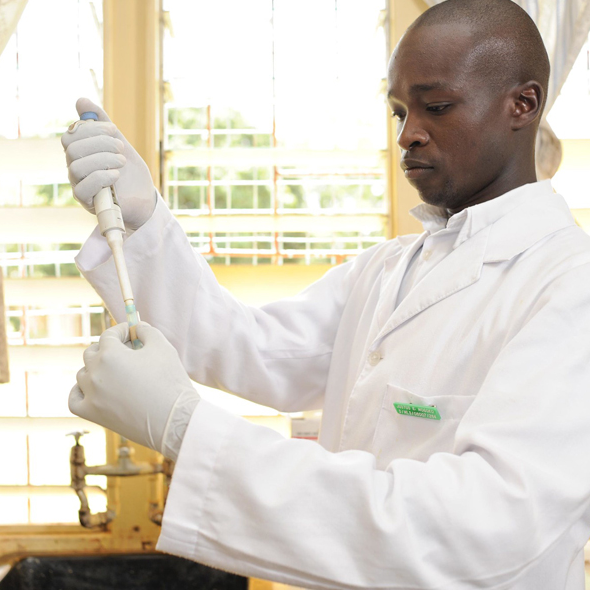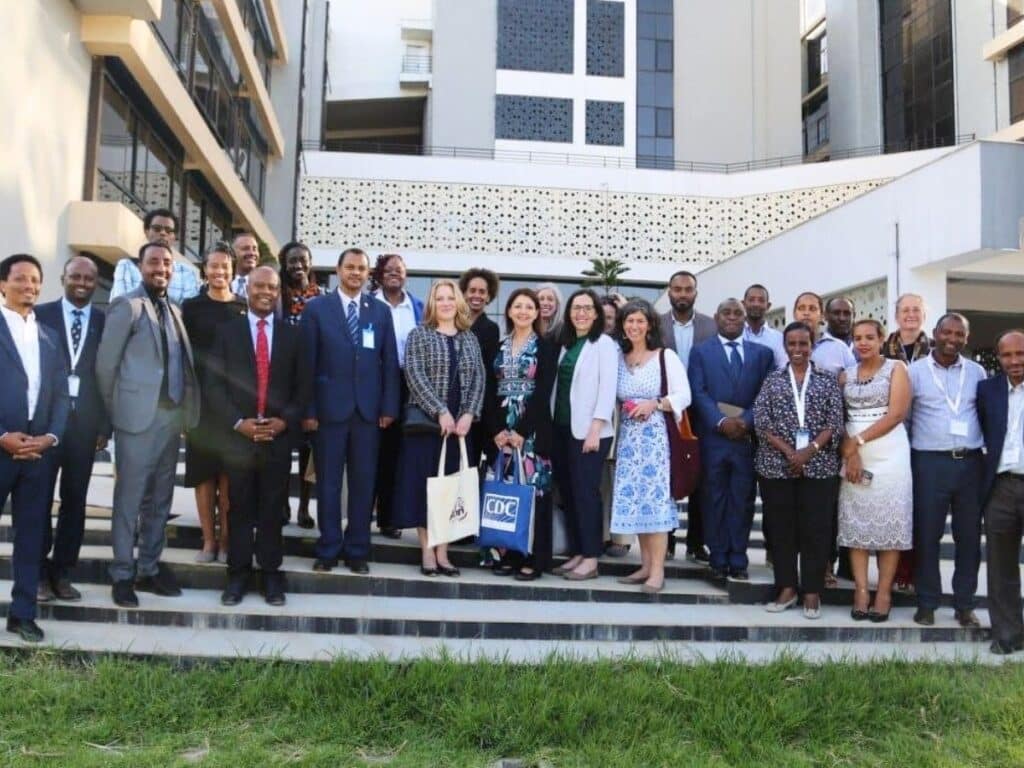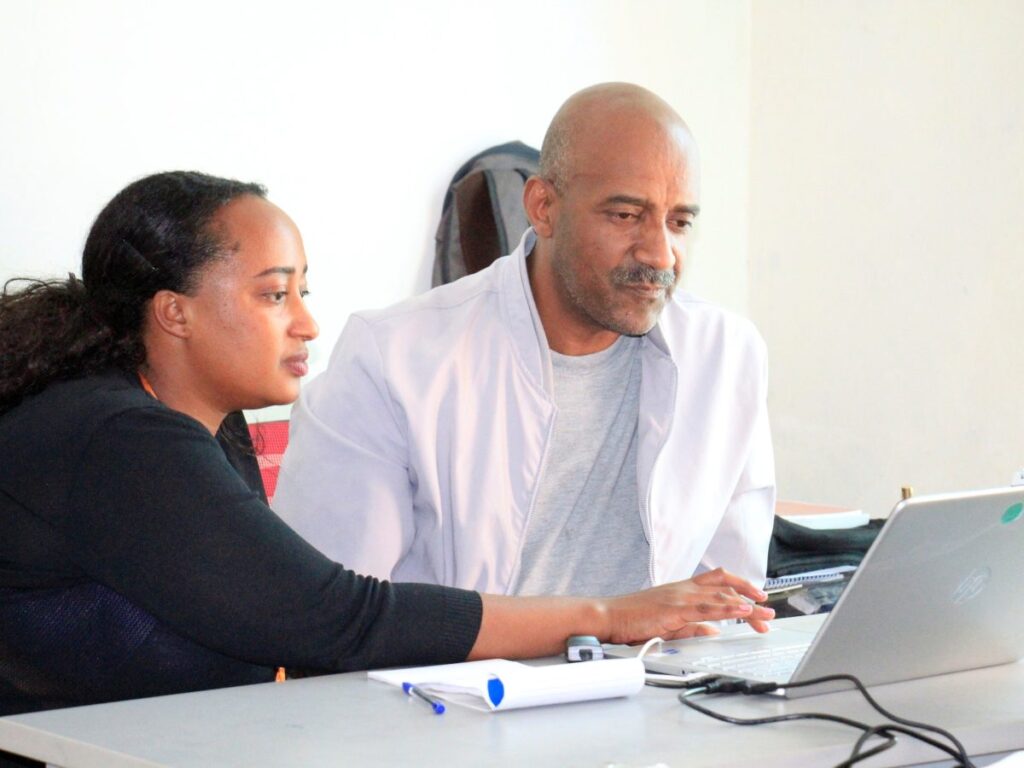AMR
Antimicrobial Resistance (AMR)
In the shadow of the COVID-19 pandemic, preparedness for global health threats has come to the forefront as an urgent priority. The health and wellbeing of communities around the world depend on effective prevention of and response to infectious diseases and the looming specter of antimicrobial resistance (AR).
Under a new award from the US Centers for Disease Control and Prevention (CDC), ICAP at Columbia University will aim to improve prevention, detection, and response to antibiotic resistant bacteria in hospitals in Kenya. Working in close collaboration with the Ministry of Health and other stakeholders, ICAP will develop a network of four hospitals to improve the country’s ability to detect bacterial infections, determine antibiotic resistance in the infections, assess antibiotic use and the prevalence of health care-acquired infections, and develop an antibiotic stewardship collaborative to improve the use of antimicrobials at the hospitals. These activities will be based on principles of quality improvement and will use a variety of methods including laboratory evaluation, mentorship, and point prevalence surveys. ICAP will also support capacity of the National Public Health Laboratory in Kenya to detect and test for AR.
“Antimicrobial resistance is a growing threat to public health around the world and we need to get ahead of the curve if we are going to stave off potentially catastrophic health crises in the near future,” said Yen Pottinger, PhD, senior advisor for laboratory surveillance at ICAP, and principal investigator for the project. “ICAP’s antimicrobial resistance work in Kenya promises to help the country protect its tremendous gains against infectious diseases while creating a bulwark against population health threats that may be lurking just over the horizon. And we believe it can serve as a model for expansion to other countries as well.”

Tuberculosis by the Numbers
of HIV deaths worldwide related to tuberculosis
Cause of death among people living with HIV
ICAP’s Focus on Tuberculosis
- Expanded integrated TB/HIV care and treatment programs
- Model centers to develop best practices for integrated TB/HIV care and treatment
- Intensified TB case finding among people living with HIV, including scale up of TB diagnostics and linkage to early ART initiation
- Strengthening pediatric TB/HIV care and treatment services, including TB screening and diagnostic tools for children and HIV testing for children with TB
- Training programs for clinicians on management of TB/HIV co-infection
- Enhanced monitoring and evaluation systems for TB/HIV care and treatment
In addition, ICAP has developed clinical resources for the management of TB/HIV co-infection in resource-limited settings.






